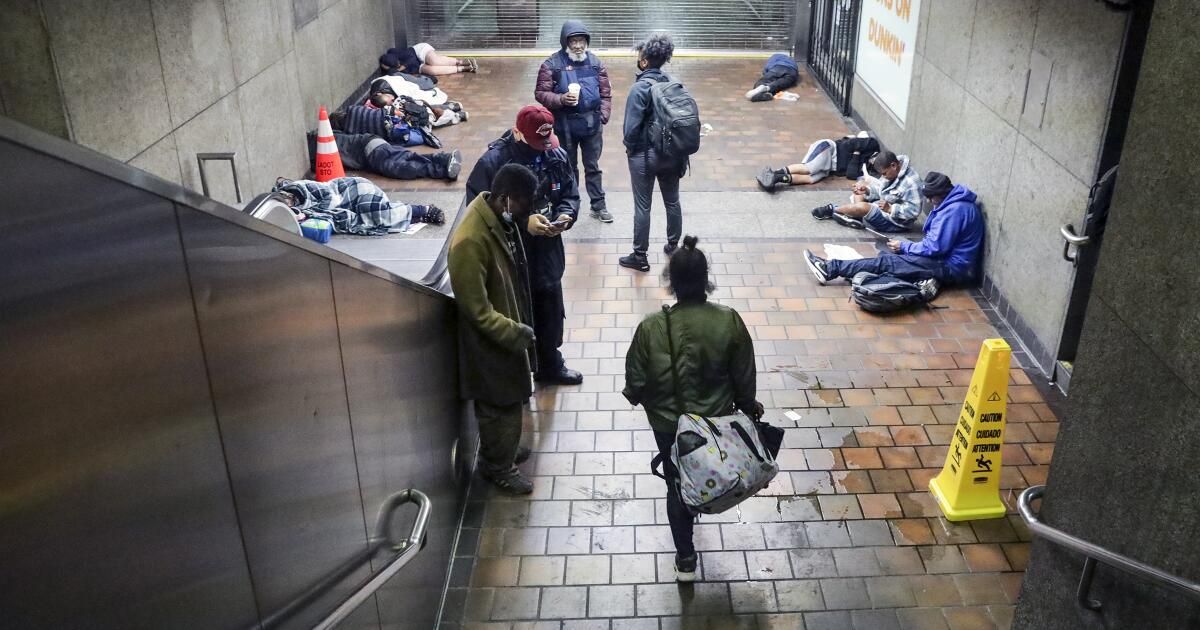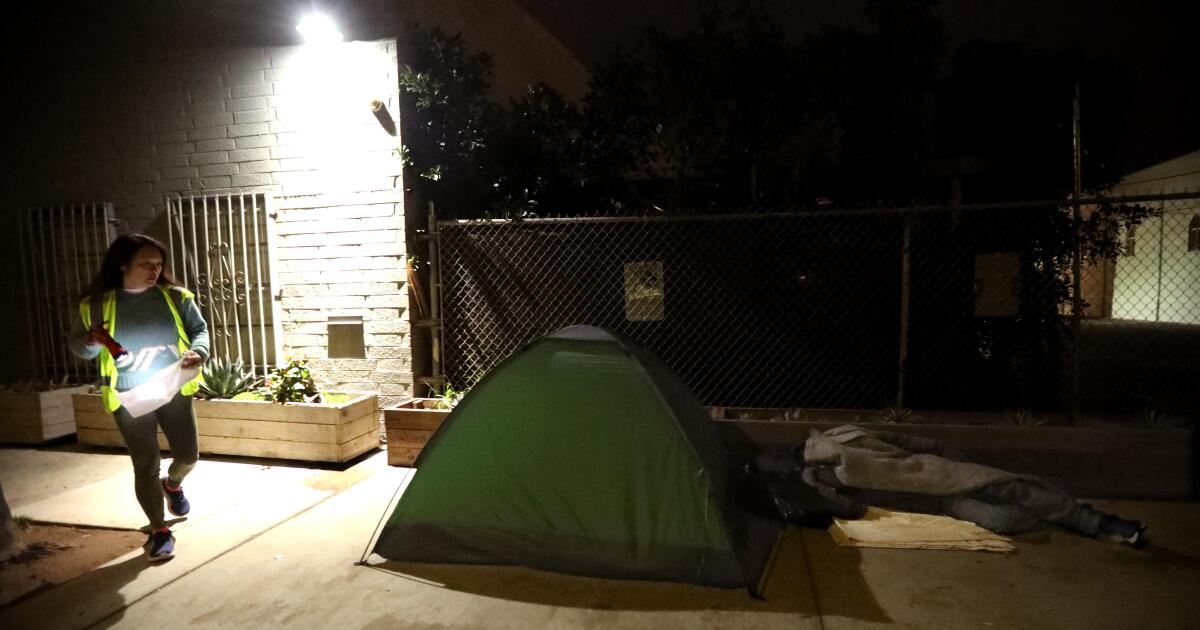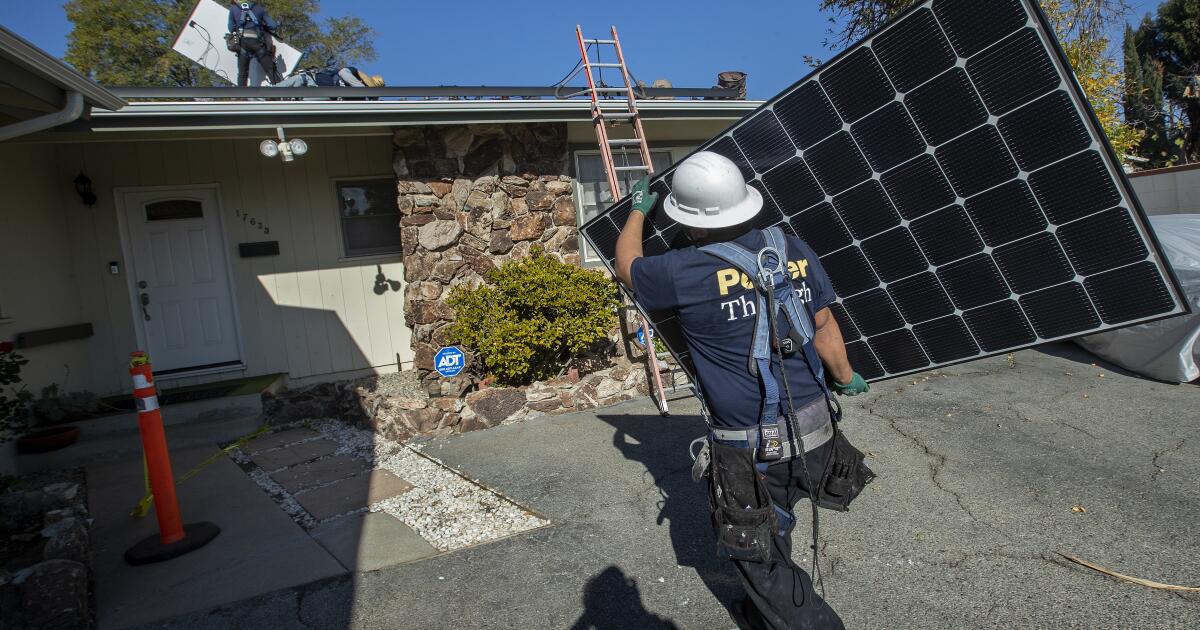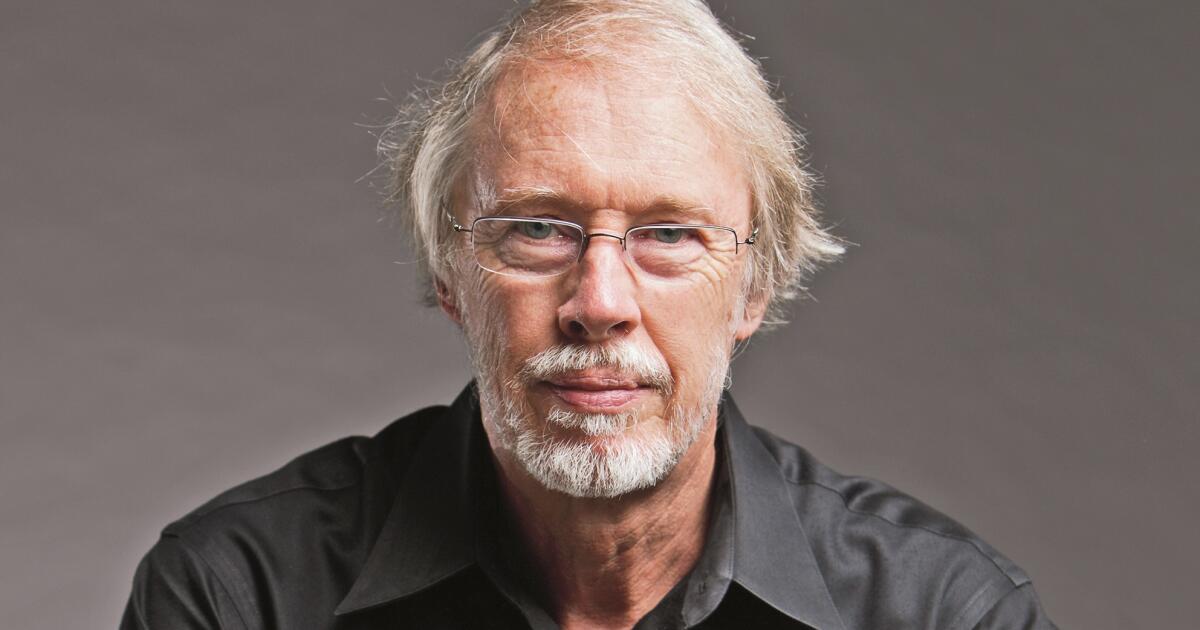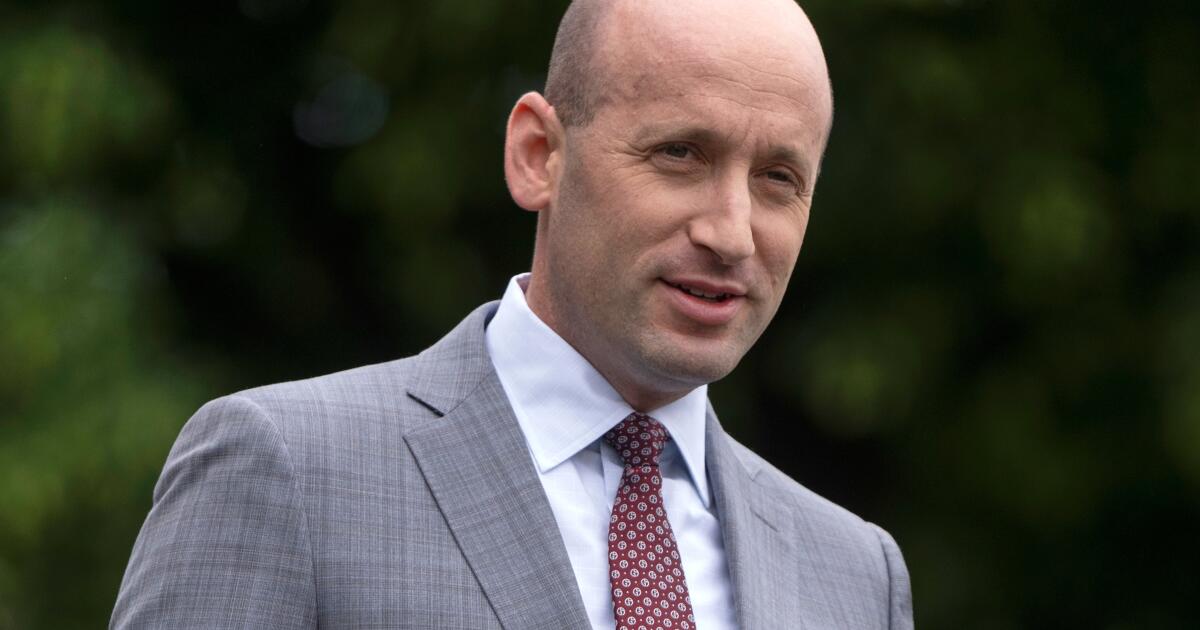Is homelessness a crime? Obviously the answer should be no. Unfortunately, the Supreme Court on Friday agreed to review a case that raises that question, and there is every reason to fear that conservative judges will allow governments to criminalize sleeping in public spaces even if people have nowhere else to go.
The case, Johnson v. City of Grants Pass, involves a local ordinance that says: “No person may sleep on public sidewalks, streets or alleys at any time as a matter of individual and public safety.” The law also prohibits homeless people from using blankets, pillows or cardboard boxes to protect themselves from the elements.
A panel of the United States Court of Appeals for the Ninth Circuit, based in San Francisco, declared this unconstitutional and concluded that the government cannot criminally or civilly punish people for not having housing or sleeping materials. The court relied on its subsequent 2018 ruling in Martin v. Boise, which held that the Eighth Amendment's protection against cruel and unusual punishment “prohibits the imposition of criminal penalties for sitting, sleeping, or lying outside on public property for homeless persons who cannot obtain shelter.”
The Supreme Court declined to review Martin v. Boise, but was expected to accept Grants Pass. case. When the entire Ninth Circuit Court of Appeals narrowly refused to review its panel's decision in the latest case, the court's Republican-appointed judges vehemently disagreed and could not have been more emphatic in urging review of the Supreme Court.
Furthermore, even Democratic officials such as Governor Gavin Newsom and city attorneys from Los Angeles and San Francisco urged the Supreme Court to overturn the Ninth Circuit.
These officials understandably want more power to address the homeless problem. But the solution cannot be to punish or criminalize homeless people.
The Ninth Circuit got it exactly right. Every human being must sleep. If there is not enough housing or shelter for people living in a city – as is the case throughout California – people have no choice but to sleep on sidewalks and in parks and use blankets and cardboard for warmth.
It is cruel and unusual to punish people for behavior they cannot help. As Ninth Circuit Judge Marsha Berzon explained, it is unconstitutional to punish “simply sleeping in some place in public if one has no other place to do so.”
In the case Robinson v. California 1962 Supreme Court held that the Eighth Amendment does not allow the government to punish a person for a status that cannot be changed. Specifically, the court ruled that a person could not be criminally punished for being a drug addict, which would be like criminalizing “being mentally ill, or a leper, or being afflicted with a venereal disease.”
In both the Boise and Grants Pass cases, the Ninth Circuit concluded that laws criminalizing sleeping in public impermissibly punish homelessness. Criminal law exists to punish people who choose to break the law, not for conduct that is not a choice.
None of this is meant to deny the challenges cities face in dealing with homelessness. But as Los Angeles is demonstrating by reducing its homeless population under Mayor Karen Bass, governments can address this problem without using the criminal code. It's worth noting that the Ninth Circuit explicitly recognized cities' right to clear encampments and prevent the use of tents on public property. Most importantly, states, counties and cities must find ways to provide sufficient housing and shelter.
I am concerned, however, that conservative judges will decide to empower governments to use criminal laws against homeless people and, in doing so, reduce Eighth Amendment protections. It won't reduce homelessness or make it disappear, but it will diminish everyone's constitutional rights.
Erwin Chemerinsky is an Opinion contributor and dean of the UC Berkeley School of Law. His latest book is “worse than anything“The dangerous fallacy of originalism.”

